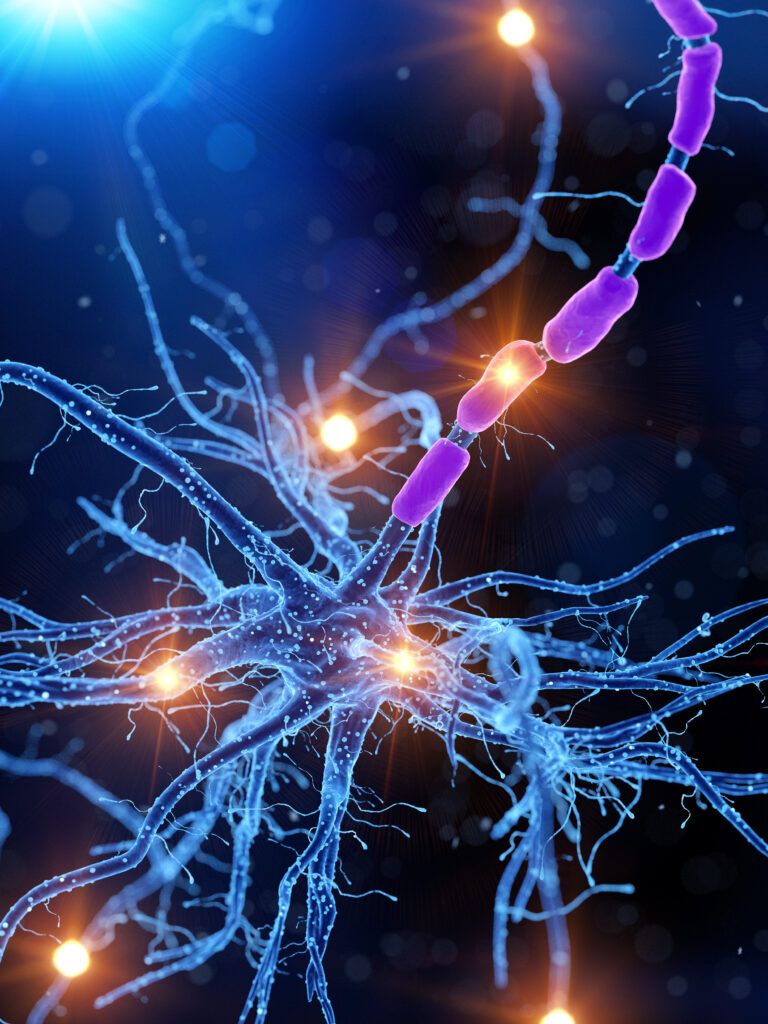### Exploring the Impact of Vascular Health on Cognitive Function
Cognitive function, which includes memory, problem-solving, and decision-making, is closely linked to the health of our blood vessels. In this article, we will explore how vascular health affects cognitive function and what this means for our overall brain health.
#### The Heart-Brain Connection
Our brain relies on a steady supply of blood to function properly. The heart pumps about 20% of our body’s blood supply to the brain, delivering oxygen and essential nutrients needed for cognitive functions. If blood flow to the brain is compromised, it can lead to serious conditions such as stroke, vascular dementia, and transient ischemic attacks (TIAs). These conditions can significantly impair cognitive function and even lead to memory loss and difficulty with decision-making[3].
#### Vascular Dysfunction and Cognitive Impairment
Recent studies have shown that vascular dysfunction in the brain’s temporal lobes, which are responsible for memory, is linked to mild cognitive impairment in older adults. This means that problems with blood vessels in these areas can lead to memory issues, even in people without Alzheimer’s disease-related brain changes[1]. The study found that older adults with cognitive impairment had difficulty with their blood vessels dilating properly, which is crucial for maintaining healthy brain function.
#### The Role of Blood Vessel Health in Dementia
Dementia, including Alzheimer’s disease, is often associated with amyloid plaques and neurofibrillary tangles in the brain. However, research suggests that vascular health is also a critical factor in the development of dementia. Conditions like hypertension and atherosclerosis can increase the risk of dementia by affecting blood flow to the brain and promoting the accumulation of amyloid plaques[2].
#### Importance of Vascular Health in Diagnostics
Given the significant impact of vascular health on cognitive function, researchers are suggesting that blood vessel health should be included in dementia diagnostics. This approach could help identify early biomarkers for dementia and provide potential targets for therapy. For instance, some blood pressure drugs may help protect vascular function and preserve memory[1].
#### Practical Steps for Improving Vascular Health
Improving vascular health is crucial for maintaining cognitive function. Here are some practical steps you can take:
– **Maintain Healthy Blood Pressure**: High blood pressure can damage blood vessels and reduce blood flow to the brain. Keeping your blood pressure under control can help prevent vascular dementia.
– **Exercise Regularly**: Regular exercise can help improve cardiovascular health and reduce the risk of vascular disorders.
– **Eat a Balanced Diet**: A diet rich in fruits, vegetables, whole grains, and healthy fats can help reduce the risk of cardiovascular disease and promote overall brain health.
– **Manage Diabetes**: Diabetes is linked to an increased risk of Alzheimer’s disease. Managing diabetes through diet and medication can help reduce this risk.
In conclusion, vascular health plays a crucial role in maintaining cognitive function. By understanding the impact of vascular dysfunction on the brain and taking practical steps to improve our vascular health, we can reduce the risk of cognitive impairment and promote overall brain health.





